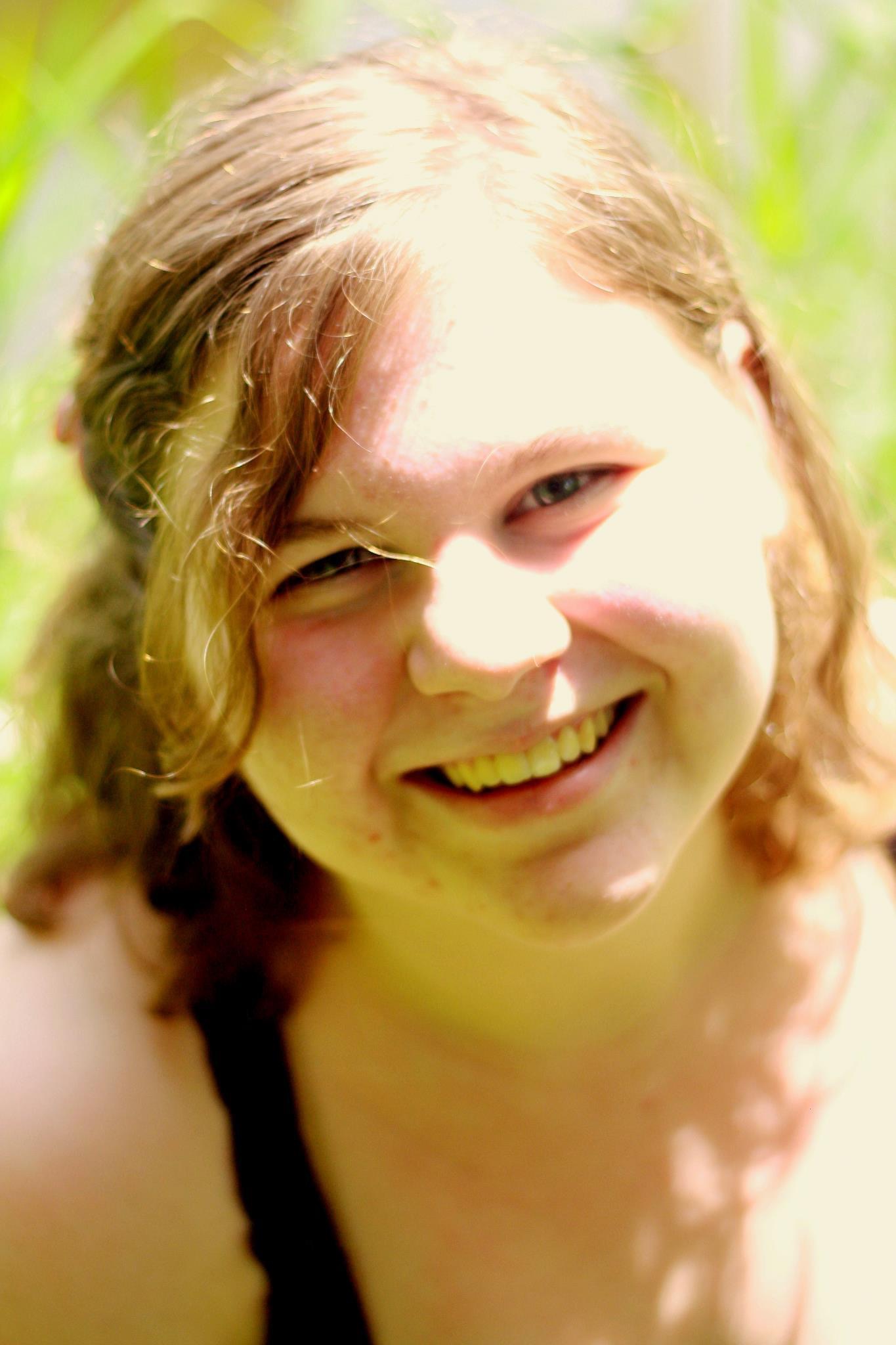“It felt like we became a very large, very close family”
24 June 2021

Jocelyn Zacharias will be convocating with a MSc in Speech-language Pathology. (Photo supplied)
What is your previous degree?
Bachelor of Arts in Applied Linguistics, Speech and Language Sciences from Brock University
Why did you choose the University of Alberta’s Faculty of Rehabilitation Medicine?
I loved the idea of a robust, integrated clinical approach, and a program that focused on practical applications of field knowledge and research, rather than solely a research-based program.
My learning style is very hands-on, so it helped immensely to have about a third of course content time spent on “labs”— practical tasks that had us apply our knowledge, ask questions and dig deeper into content.
What is the most remarkable thing you learned as a student?
Flexibility! In other words, have a plan – if only so you can wave goodbye cheerfully as part or all of it flutters out the window as you adapt to what your client or their caregivers need on any given day. Even if you have a robust and well thought out plan, the needs of the person you are providing service to come first, so they can be in a spot to complete their therapy program.
What is one of your fondest memories of the program?
As so many of us were so far away from home and our loved ones, we started monthly birthday celebrations on Wednesdays, our longest day of classes. This was a much-needed pick me up in the middle of long learning days, as well as a time to celebrate milestones. We celebrated babies born, engagements, marriages, cancer remissions, clinic milestones and more, but never in as big a group as the birthday ones. People would sign up to bring goodies, we would sing, and we would celebrate all the birthdays of that month. It felt like we became a very large, very close family.
What was your favourite work placement and why?
I have to pick one?
I loved having the opportunity to do a rural placement in Grande Cache. I learned so much about service delivery, the reality of living in a rural location with not many services, and how to use resources to the fullest extent I could during service delivery.
Being so rural and having access to minimal supplies meant I really had to plan ahead and get creative with activities for clients across a range of ages and with many different goal areas. My preceptor joked that I should write a book called “1,001 Ways to Use Playdough and Page Protectors!”
I also got to know the people in the community, since there were only about 2,500 people in the area. People were kind and wonderful. In the winter my neighbours cheered with me when my car started at minus 45, and helped dig out my car when I underestimated the depth of a snow drift. I didn’t make that mistake twice, but they laughed with me and stopped to help on their way to work— something that hasn’t happened in all the bigger cities I’ve lived in.
Did you face any significant challenges, and if so, how did you deal with them?
I fit into the category of “neurodiverse.” For example, I cannot memorize things to save my life, but I can learn, know, and apply things really well. So, I had to help myself really get a handle on the material, understand it inside and out, and then go from there. The program was supportive throughout my journey, with some strong advocates who helped with modifications where possible. There were bumps, of course, but I made it through by doing lots of planning and working ahead, managing my expectations, and giving myself grace. I was also practically married to my agenda, and our class Google Drive (where we still swap resources and materials) was incredibly valuable.
How did you manage the challenges of navigating student life under COVID-19 restrictions and remote learning?
I was technically supposed to graduate in November 2020, but everything changed in early March 2020, when all clinical placements were cancelled. While teletherapy was just a blip on the radar before the pandemic, most of us ended up with placements with at least some teletherapy, so we made the shift with many other clinicians. The department did what they could to support us through that transition too, while we were all waiting to hear what would be happening next, and where we would be sent for placements.
Financially, it was a struggle too, but I’m grateful that some scholarships had extensions and the department did their best to help us students navigate the financial uncertainty brought on by COVID-19. This also had bumps, but it was bumpy for everyone, everywhere.
I am grateful for the changes the pandemic brought too. I got a very different placement experience than was previously planned for me, and developed a lot of different skills and abilities, on top of some solid learning experiences. I’m not saying I want to live this whole pandemic over again, but I’ve done my best to make lemonade out of the lemons 2020 delivered!